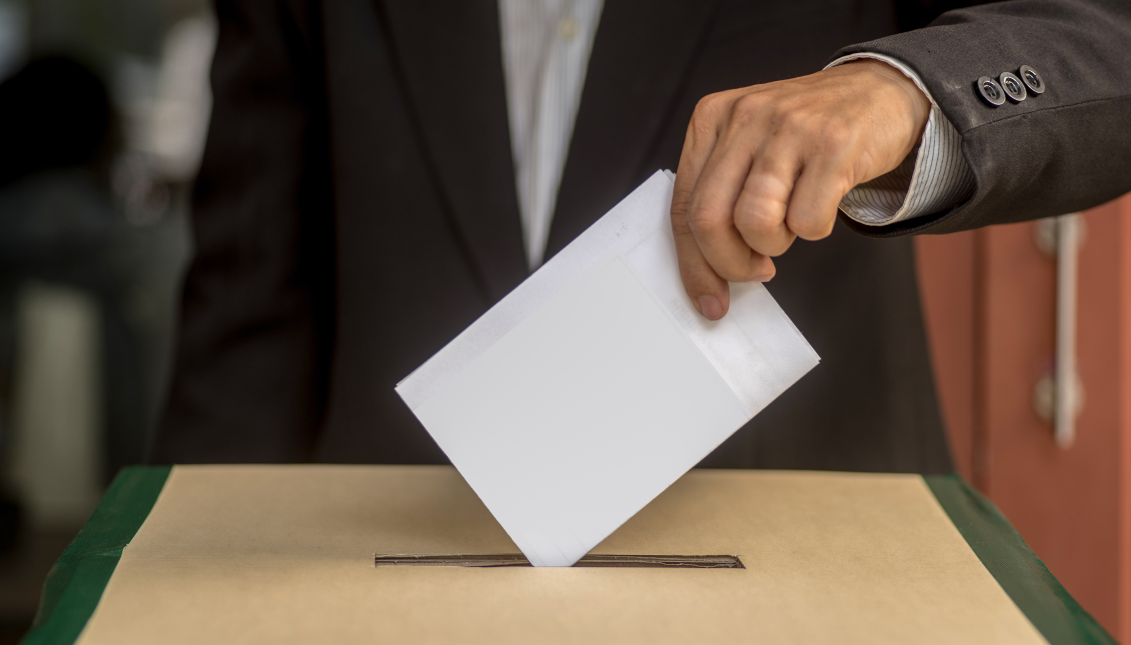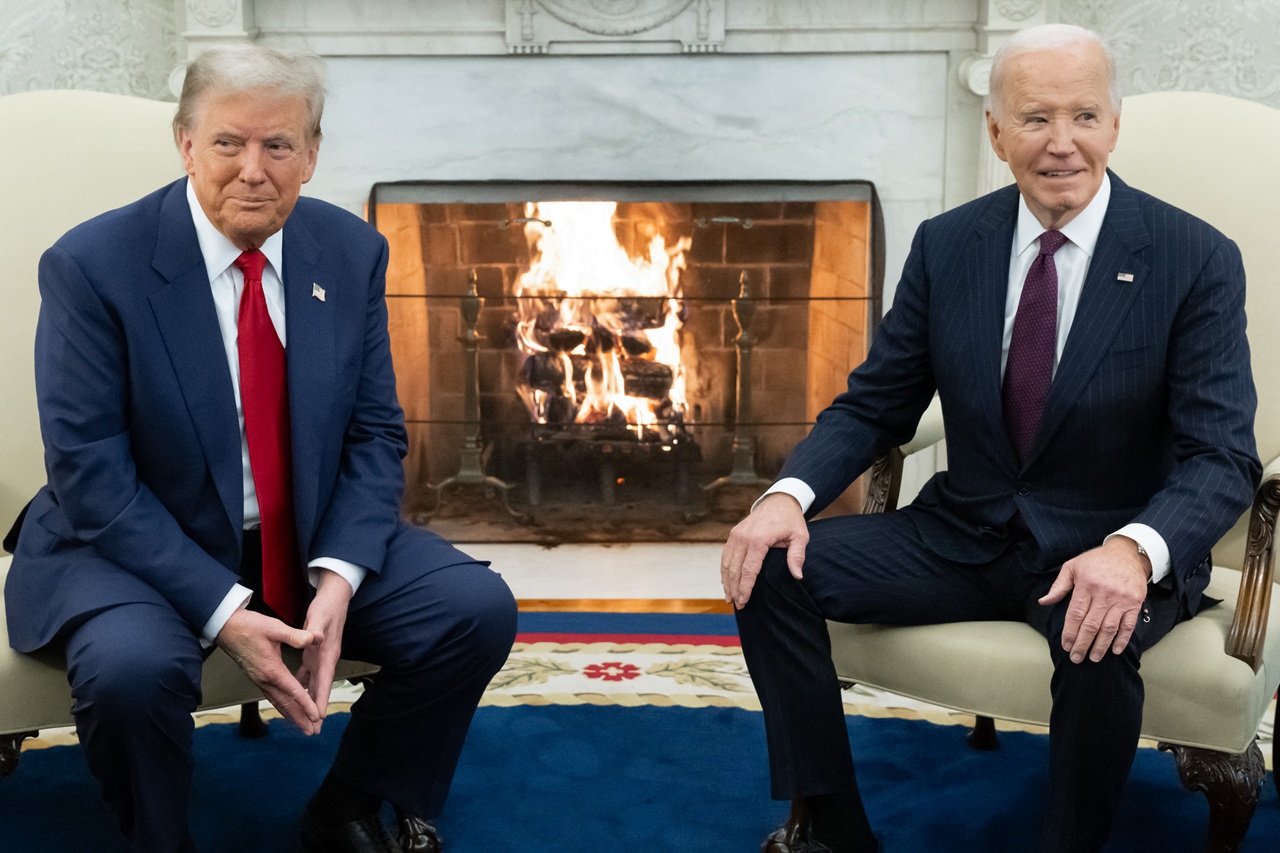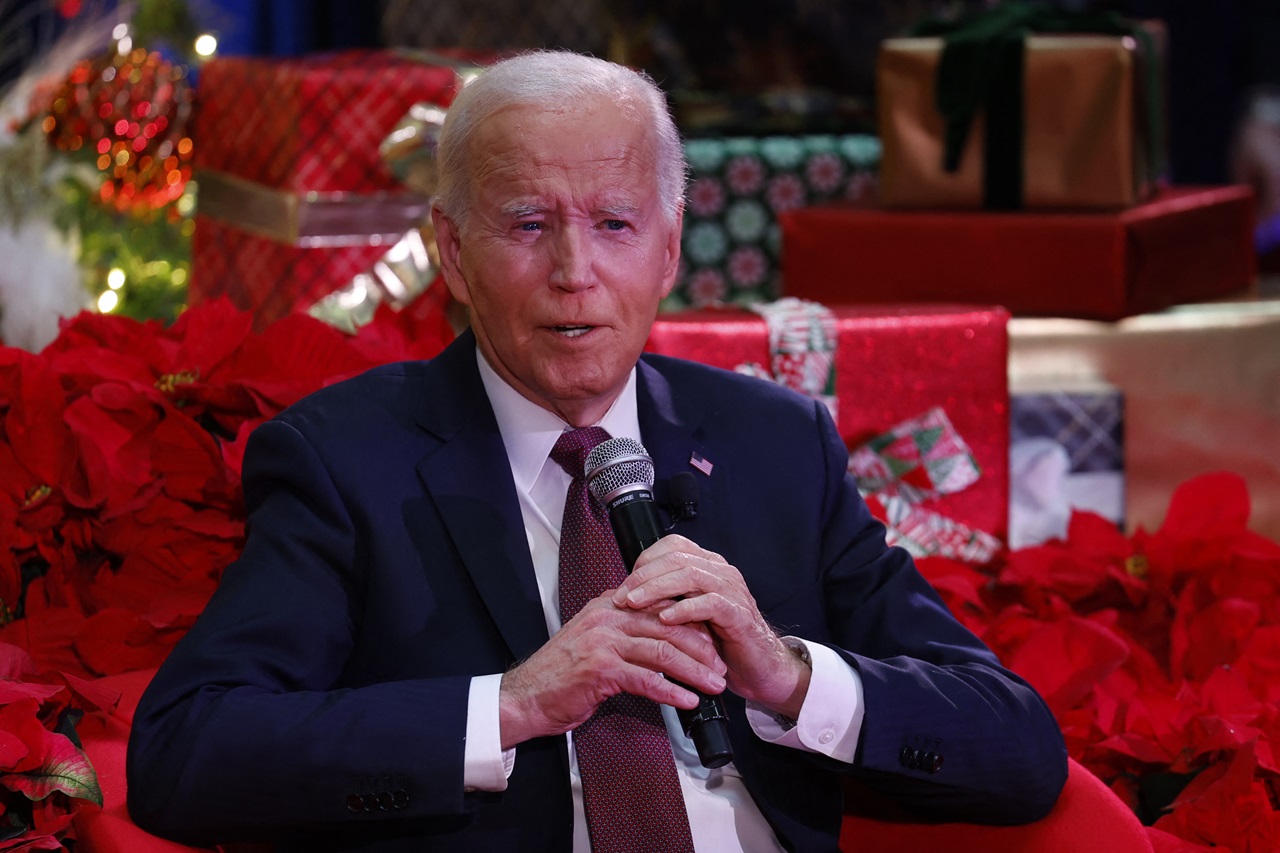
Extraordinary elections for Congress in Peru
January 26 will be the extraordinary election of the Peruvian Congress after President Martin Vizcarra dissolved it in September last year.
When Peruvian President Martín Vizcarra made the decision to dissolve Congress (except for the Permanent Commission), he surprised everyone.
Although it is a mechanism provided for in the Peruvian constitution, something equivalent had only been seen 27 years ago, when former president Alberto Fujimori dissolved Congress and called for elections in order to smooth out the opposition forces that were restricting him. This gave way to abuses of power and crimes against humanity for which he would later be imprisoned.
Vizcarra dissolved Congress after it refused, for the second time in a row, to give the issue of confidence to the process of selecting candidates for the Constitutional Court, the highest court in the country.
As the Congress has a Fujimorista majority, it was widely understood that the delay in the selection of candidates for the Constitutional Court was intended to control the judicial branch and protect several officials and magistrates investigated for corruption cases. For this reason, the measure was supported by an important part of the population.
However, the dissolution of Congress was not a simple matter. The president and the Congress were caught up in a tug-of-war: after the presidential announcement, Congress decided to remove Vizcarra and swore in his then vice-president Mercedes Araoz as president of the Republic.
RELATED CONTENT
That same night representatives of the armed forces went to the Presidential Palace to show their support for Vizcarra and Mercedes Araoz resigned.
The elections were scheduled for January 26, and the electoral observation missions began to arrive.
Meanwhile, the investigative media Convoca called attention to the number of candidates who have been removed from public office, have been about to be revoked or suspended for serious misconduct, nepotism or even physical assault punishable by jail.
Of the current candidates for Congress, 3 have been revoked (Óscar Valencia Aucca, Manuel Fernando Vera Calmet and Simón Ortiz Talavera), 10 have faced revocation proceedings (Adrián Eugenio Palmadera Milla, David Sánchez García, Eduardo Huaraca Vargas, Francisco Amador Merino Reyna Meneses, Jorge Adalberto Ñiquen Sandoval, Luis Felipe Castillo Oliva), Alexandra Ames Brachowics, Luis Beltrán Ponce Martínez, Luis Reynundo Dioses Guzmán and Fernando Díaz Rodríguez) and 7 have been suspended or vacated for serious offences and nepotism (Hugo León Ramos Lescano, Leticia Casa Nina, Luis Beltrán Barra Pacheco, Sisi Magali Silva Granados, Robert Guimaraes Vasques, Telesforo Media Ortiz and Sabina Cárdenas Canales.
The outcome of these elections will depend on whether Peruvians achieve a legislature free from accusations of corruption and protect the separation of powers on which democracy is based.











LEAVE A COMMENT:
Join the discussion! Leave a comment.